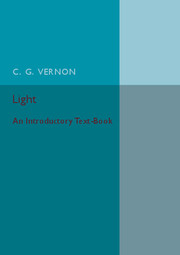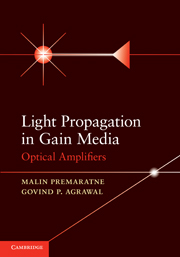Theoretical Foundations of Nanoscale Quantum Devices
Nanooptics which describes the interaction of light with matter at the nanoscale, is a topic of great fundamental interest to physicists and engineers and allows the direct observation of quantum mechanical phenomena in action. This self-contained and extensively referenced text describes the underlying theory behind nanodevices operating in the quantum regime for use both in advanced courses and as a reference for researchers in physics, chemistry, electrical engineering, and materials science. Presenting an extensive theoretical toolset for design and analysis of nanodevices, the authors demonstrate the art of developing approximate quantum models of real nanodevices. The rudimentary mathematical knowledge required to master the material is carefully introduced, with detailed derivations and frequent worked examples allowing readers to gain a thorough understanding of the material. More advanced applications are gradually introduced alongside analytical approximations and simplifying assumptions often used to make such problems tractable while representative of the observed features.
- This clear and carefully structured presentation of a complex topic will provide graduate students and scientists with a deep understanding of both the underlying theory and practical applications of optoelectronic devices
- Readers will learn how to build practical, working models for real nanodevices operating in the quantum regime for use in nanoscience and nanotechnology
Product details
December 2020Adobe eBook Reader
9781108687454
0 pages
This ISBN is for an eBook version which is distributed on our behalf by a third party.
Table of Contents
- 1. Introduction
- 2. Quantum-mechanical framework
- 3. Linear response theory
- 4. Dissipation and decoherence
- 5. Quantum current flow
- 6. Quantum tunneling
- 7. Quantum noise.




